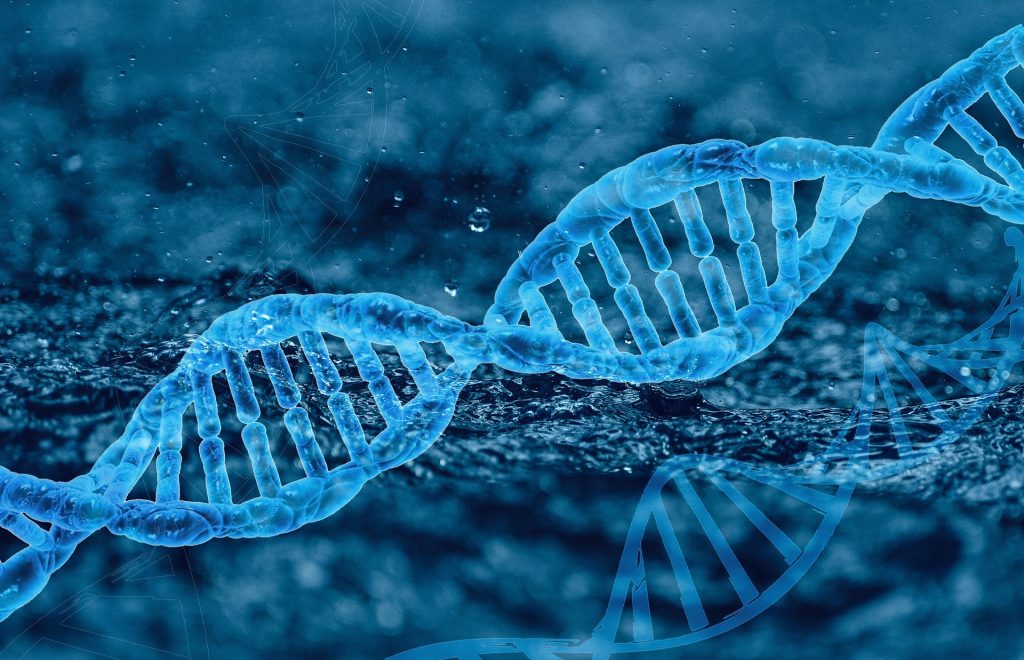
Helicobacter pylori is a strong risk factor for gastric cancer and other gastrointestinal disorders, and efforts to eradicate it using a combination of antibiotics and proton pump inhibitors (PPIs) often fail.
A new study has linked this eradication failure with genetic variations that increase the activity of the CYP2C19 enzyme, which metabolises first-generation PPIs.
These so-called ‘fast metabolisers’ may prevent PPIs from suppressing gastric acid production, which is necessary for successful H. pylori eradication.
Analysing 57 studies from 11 countries, the researchers found that the failure rate of H. pylori eradication more than doubled in people with a version of the CYP2C19 gene that increased its metabolic activity. Their results were published in Gastroenterology.
However, CYP2C19 variants were not linked to eradication failure if the fast metabolisers were treated with newer PPIs such as esomeprazole and rabeprazole, which are less metabolised by the enzyme or which bypass CYP2C19 metabolism.
Further well-designed studies are needed to determine whether eradication rates could be improved with higher or more frequent dosages of first-generation PPIs to people with the fast metaboliser gene variant, noted the paper’s corresponding author, Shailja Shah, MD, MPH.
“Even small improvements in H. pylori eradication rates would likely translate to substantial collateral health, economic and societal benefits,” the researchers concluded.
Source: Vanderbilt University

